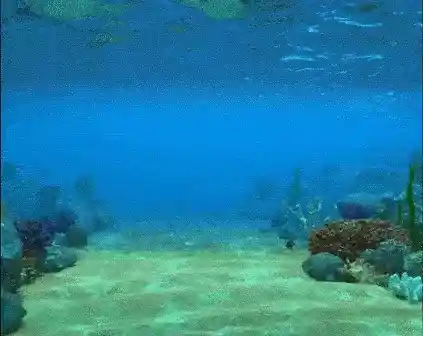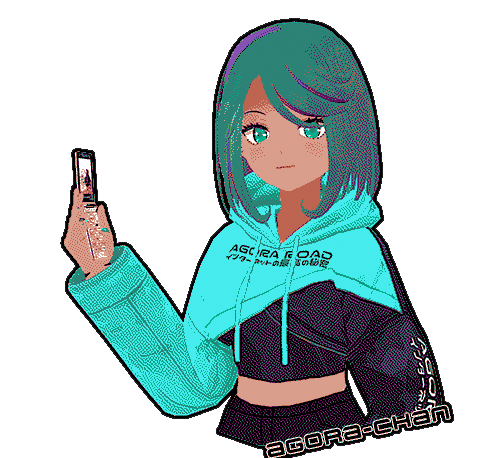Everything that has to do with language is in itself ''magic'', it is a way to transfer thoughts from one person to another or to make thoughts take form in material reality. Following that logic, programming is magic using computers as the reality matrix into which thoughts are transferred. However, because of our increasingly computerized (??) world, our material reality and the matrix of the internet/computers are more and intertwined, giving programming the power to impact our material reality through the computers we use to interface with said reality. Does that make sense? English is not my first language so my writing might be goofy af.

www.theatlantic.com









